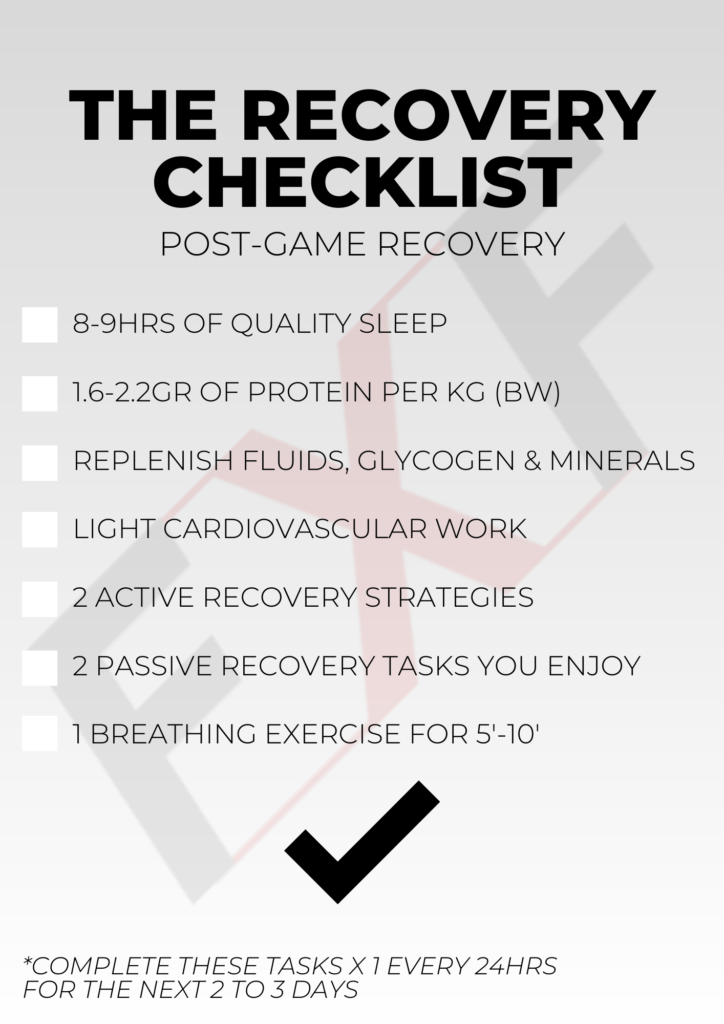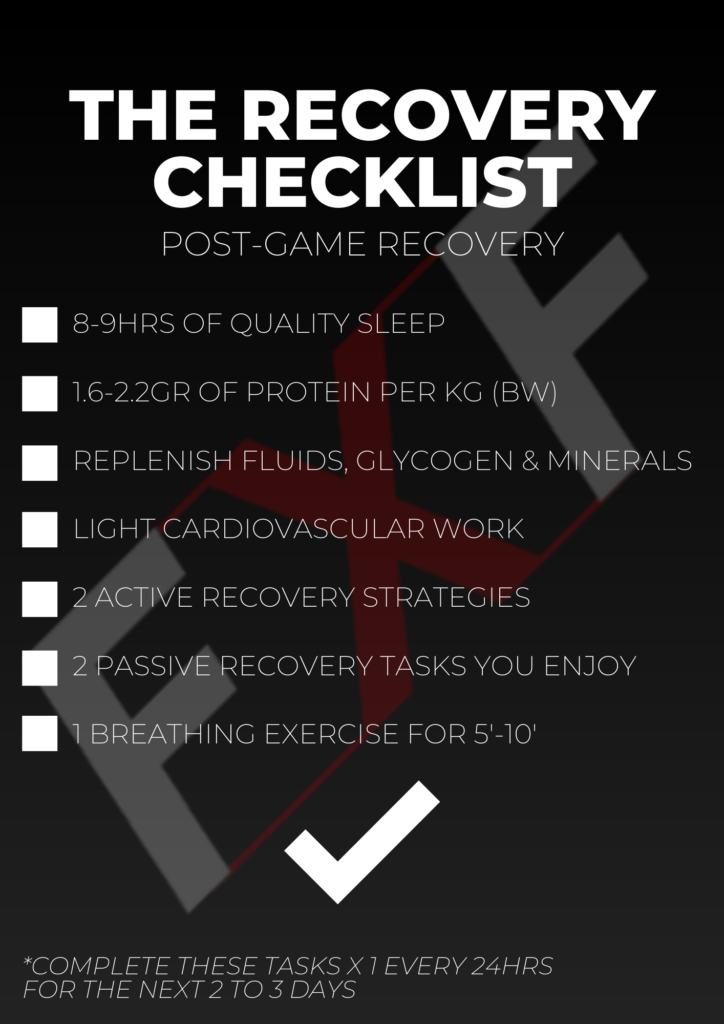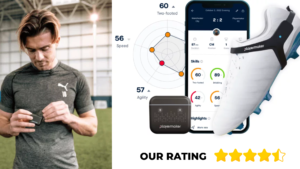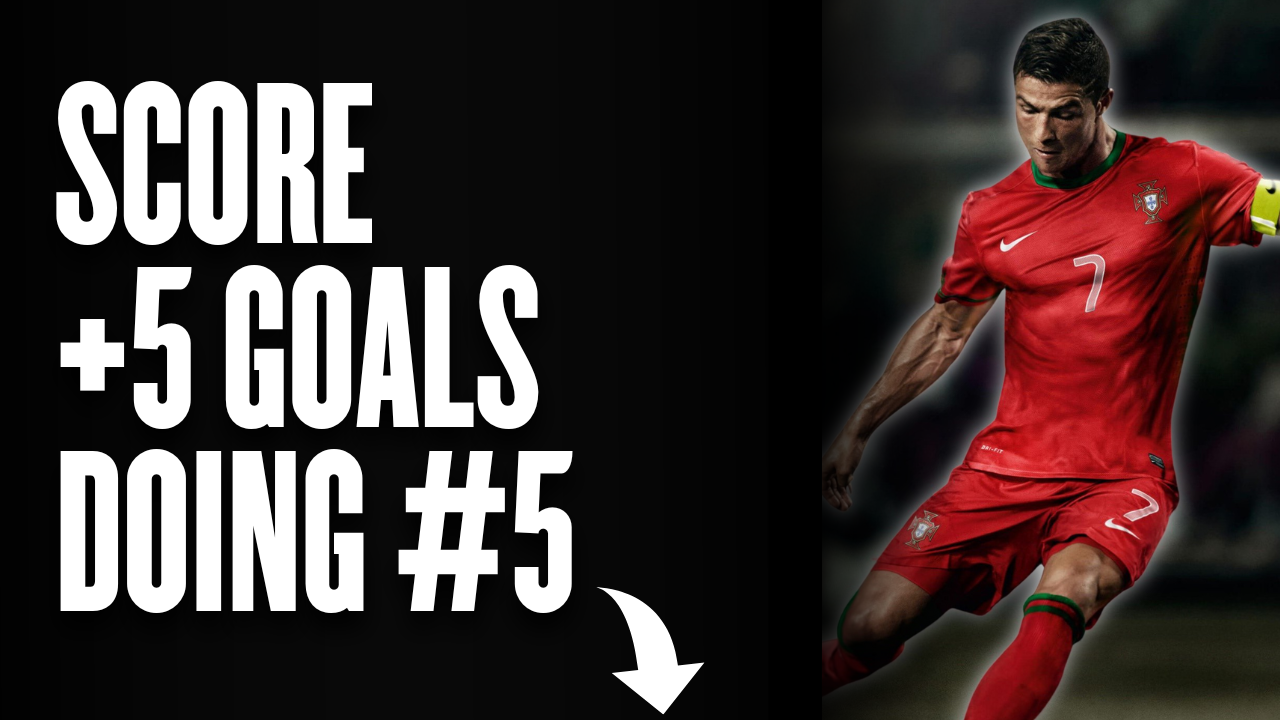
Recovery is without a doubt something that every football player should take seriously. Given the high physiological demands, the modern game places on players, with intense and congested training and game schedules, travel fatigue, etc. the need for recovery is huge. Fatigue can skyrocket in the case of a student-athlete or an aspiring pro that has to juggle a regular job with football.
No matter if you are a football player or a coach, you’ve got to prioritize recovery. At the end of the day, recovery is the tool that breeds high performance. Without it, fatigue would hinder players’ ability to perform at their peak and cause injuries as well as lead to the overtraining syndrome.
How Long Does It Take To Fully Recover After A Football Match?
According to a systematic review done by the Journal of Strength and Conditioning, the usual recovery window required for a team sport athlete to fully recover is approximately 72 hours. However, most performance and physiological standards return to baseline after around 48 hours. [1]
NOT IN THE MOOD TO READ AN ENTIRE ARTICLE? HERE’S THE VIDEO!
How Do Footballers Recover After A Match?
A footballer’s recovery includes passive and active recovery strategies as well as the implementation of some basic principles of nutrition and sleep. All of those recovery tasks mentioned below aim to increase blood flow, and therefore oxygen and nutrient delivery, improve mobility, bring down your resting heart rate, relieve mental stress, etc. Here are 13 recovery tasks and principles every football player needs to follow within that 48-72-hour recovery window;
- Prepare well and cool down
- 8-9 hours of quality, uninterrupted sleep
- Diet high in protein – 1.5-2.2gr of protein per 1kg/2.2lbs of bodyweight
- Replenish glycogen stores with simple carbohydrates
- Adequate hydration – 40-60ml of water per 1kg/2.2lbs of bodyweight
- Vitamin- and mineral-rich foods/beverages (especially antioxidants)
- Don’t drink alcohol
- Light cardiovascular activity – walks, jogs, swimming, biking, etc.
- Rest
- Mobility sessions
- Myofascial Release – sports massage, foam rolling, percussive therapy
- Cryo-/Hydro-therapy – ice baths, contrast baths
- Breathing exercises
Breaking Down The 48-72-Hour Football Recovery Window
How you spend the 48 to 72 hours after a game or intense training session can make or break your upcoming performance as well as the results you get from your work. You shall aim to “invest” rather than “waste” those next 2 to 3 days. You can do that by taking proper actions that will take care of both your body and mind. Here’s an action plan any football player, amateur or pro, can use in his/her daily and weekly life.
Prepare – Perform – Cool Down
Although this may seem irrelevant to recovery, we need to point out the importance of good preparation.
Think of it like this.
The better you condition and prepare your body for a 90-minute game the less time you will need to recover. This includes a properly structured training program, a quality warm-up, [4] appropriate nutritional choices, healthy living, etc.
Of course, we shall also talk about cool-downs.
Cool-downs are really popular in football and many teams and individuals include them at the end of a training session or game. Are they effective though?
The data is still very inconclusive, yet some studies show that their impact on recovery is little to non. [3] [4] Our suggestion; if you find cool-downs to be effective, just keep on doing them. They will definitely not harm your recovery or performance and don’t necessarily take up more than 5 minutes of your time.
Sleep Quality
Sleep is arguably the most effective recovery “tool” available for a variety of reasons. It also is something that anybody can do at no cost. This makes it a non-negotiable recovery method you simply can’t neglect if you want to take your game seriously.

*As an affiliate, I'm earning from qualifying purchases without any extra charges being placed on you.
Many footballers struggle with sleep deprivation and circadian rhythm disorders, mainly due to their congested training and game schedules. On top of that, you can add the excess stress, mental fatigue, and increases in hormones that cause alertness, such as cortisol and dopamine, which can all further decrease someone’s sleeping quality.
That is why sleep optimization is such an important aspect of football recovery and performance overall. There is a series of actions you can take to take care of your sleep. Here are a handful of those that any football player can use to optimize their sleep daily.
- Place your sleep-wakeup cycle close to your usual match-day sleeping schedule and also keep in mind other factors, such as travel
- Minimize caffeine intake 8 to 10 hours before sleep but don’t cut it off completely if you find it beneficial for performance
- If possible, have your last meal 2 to 3 hours before bed to fall asleep on a lighter stomach
- Allow yourself 2 to 3 hours after a game to calm down, relax, and get closer to hormonal balance
- Avoid blue light from screens and bright lights at all costs to aid melatonin production – a hormone responsible for making you feel sleepy
- Post-game thoughts are normal. Don’t suppress them. Write them down, take a walk, breathe, and do something else (i.e. read a book)
Nutrition
Along with sleep, nutrition is another important aspect of recovery you need to address. We’re basically looking at calorie, protein, and carbohydrate intake. Your water consumption, as well as the inclusion of foods that are high in minerals inside your diet, are also important for recovery.
Calories
Your caloric intake should also be at your maintenance calories or above. Keep in mind that your body and mind are fatigued and energy-depleted. By keeping your caloric intake below maintenance, you’re simply restricting your recovery.
Protein
Protein is the primary nutrient responsible for neuromuscular recovery. It plays a major role in a process called muscle protein-synthesis which basically aids muscle growth and recovery.
As a rule of thumb, you should be aiming for a high protein intake consistently throughout the week, which is equivalent to roughly 1.5-2.2gr of protein per 1kg/2.2lbs of bodyweight. On rest days, you should generally be shooting for the latter intake.
THE 3 “REs” OF POST-GAME NUTRITION…
Carbohydrates
As far as carbohydrates are concerned, their consumption is dependent on your training schedule. Aim for a high carbohydrate intake directly after a game to replenish the glycogen you’ve lost. The carbohydrates on your post-match plate should be simple ones for fast and immediate absorption. In the following days, carbohydrate intake can be regulated and brought down to smaller numbers due to the lower training load.
Hydration & Micronutrients
Lastly, we shall also write about hydration and the importance of mineral-rich foods and beverages.
Water is essential for life. It allows your body and mind to function properly and lubricates your joints. Around 40 to 60ml of water per 1kg/2.2lbs of bodyweight is a great amount to shoot for. Furthermore, you can enhance your hydration by including electrolytes in your water in the form of a supplement. Sports drinks are also really popular, offering a variety of minerals, carbs, and water.
Mineral- and vitamin-rich foods, such as fruits and vegetables, that are high in antioxidants, are also must-haves. Not only can these foods and beverages help you function better and aid hydration, but they can also enhance your recovery. Exercise, such as a 90-minute football game, causes oxidative stress, which leads to cells getting damaged. Anti-oxidants come in and reduce that stress and as a result, fewer cells get damaged, which can potentially lead to a reduced recovery window.

*As an affiliate, I'm earning from qualifying purchases without any extra charges being placed on you.
Alcohol & Recovery
One beverage category you should avoid at all costs is alcoholic drinks. According to a study, post-game alcohol consumption can have detrimental effects on peak power output and cognitive recovery, further expanding the recovery window. [2]
Rest
As an athlete, you’re always taught to actively rest (at least I hope so!). You come across coaches, teammates, physios, etc. (including myself) that come up to you and lay down a huge list of recovery tasks.
Although active recovery is super helpful and can significantly reduce the time you need to recover, resting is also needed. Having fun, reading a book, watching a movie, are all activities that may not seem directly helpful in terms of recovery, but they should definitely be added to your rest days. Taking actual rest is possibly the most underrated recovery tool amongst athletes that take their game and recovery seriously.
Active Recovery Strategies
Active recovery is a proven way to speed up the recovery process. The aim of such activities is to get the blood flowing around at faster rates to deliver more oxygen and nutrients as well as to get rid of waste products, such as lactic acid.
Furthermore, you can use mobility sessions to “unlock” any areas of your body you might feel tight. In addition to those two, there are a handful of strategies and tools you can add to your active recovery routine. Here are some of them.
- SMR (Self Myofascial Release) – foam rolling
- Sports massage
- Percussion therapy
- EMS & TENS (muscle stimulation)
- Hydrotherapy – ice baths, contrast baths, hot baths, cryochambers
- Legs against the wall
- Cupping
- Acupuncture
- Compression boots
- Sauna/Jacuzzi sessions
Breathing Exercises & Mental Well-Being
One area of recovery that gets really neglected by footballers is their mental well-being. It is normal to feel mentally drained and exhausted after a game. Unfortunately, this can hurt your recovery.
Mental stress and fatigue are something you need to battle. One task that can help with that is breathing. There are many different breathing practices, however, one thing that all of them have in common is that every breath is diaphragmatic.
Diaphragmatic breathing is a form of breathing during which your breaths reach your stomach. You usually see your belly button rise as you’re taking nice and deep breaths. This form of breathing can positively affect your cortisol levels, an aspect of recovery we want to address to combat mental stress. [5]
Here are 4 different breathing techniques football players can use in their recovery routines.
- 5-5-5 (5s inhale – 5s hold – 5s exhale)
- 4-7-8 (4s inhale – 7s hold – 8s exhale)
- 4-6 (4s inhale – 6s exhale)
- Diaphragmatic breaths at a steady pace
THE POST-GAME RECOVERY CHECKLIST
Final Thoughts
Unfortunately, not many football players value their recovery. This can have a series of negative effects on their performance as well as their long-term health. The truth is that recovery isn’t fancy. Recovery also isn’t expensive. 80% of the whole recovery process is really dependent on your sleeping quality and nutrition. The other 20% is just the icing on the cake and consists of other recovery strategies and tools that are either passive or active.
Pay attention to the details and the marginal gains. Prioritize your recovery.
Related Articles
- Basic Recovery Protocols For Football/Soccer Players
- Supplementary Recovery Methods Used By Footballers
- Quality Sleep For Performance – This Is How To Achieve It
- Chocolate Milk For Recovery? Everything You Should Know!
- Hydration For Football Players Made Simple | Everything You Need To Know
- Supplements For Football Performance & Recovery | All You Need To Know






